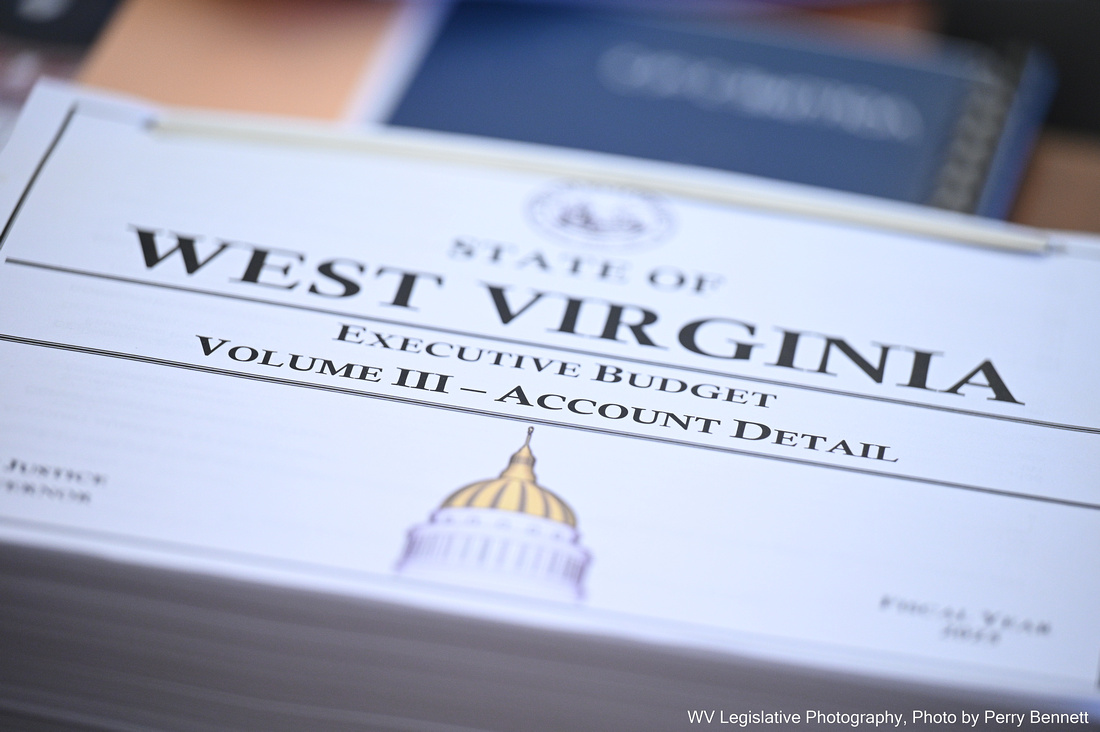West Virginia continues to struggle in key economic areas, according to new data from the West Virginia Chamber of Commerce. The business group says the years-long trend requires policy solutions.
Between 2013 and 2023, West Virginia was one of just five states to experience a loss in non-agricultural jobs. Employment opportunities in the state fell by 18,000 positions during that period — the largest job loss in the nation.
Meanwhile, the state also places near the bottom in metrics like workforce participation and per capita income.
Just under 55 percent of working-age West Virginians were currently employed or actively seeking employment in 2023, the second lowest rate in the United States. In 2022, the average income per resident was $49,169, a figure higher only than that of Mississippi.
These are just some economic weak points that stand out to Chamber President Steve Roberts from the 2024 Campaign for Jobs Digest.
The annual report compiles economic and employment data from a variety of sources, like the U.S. Department of Labor and the U.S. Department of Commerce. It then compares West Virginia’s results to the other 49 U.S. states, plus the District of Columbia.
Agencies review and release their data on different timelines, so not all information included in the report comes from the same year. But Roberts said the chamber compiles the most recent data that is publicly accessible each year for an up-to-date digest.
“The real idea is to benchmark using statistically valid data how West Virginia is doing and how we compare to the other states,” he said. “We’ve been doing this for at least 10 years, and we have found it to be very useful.”
The annual dataset does not include formal policy recommendations. But it is accompanied by an agenda that contains ideas for how to boost select metrics.
And Roberts said there are many ways in which the state could improve.
“What we see from this data is that household income in West Virginia needs to go up,” he said. “We’re at the bottom or near the bottom in our income statistics.”
To improve outcomes for workers and businesses, the chamber’s 21st Century Competitiveness Agenda recommends that the state enhance its career readiness programs, simplify regulatory processes for businesses, create in-state work incentives for recent graduates and reduce income and insurance tax rates for companies.
Photo Credit: Jack Walker/West Virginia Public Broadcasting
The report also highlights that the state’s education system struggles with broadly low test scores.
One way to improve could be “to increase transparency in measuring accomplishments in student progress,” according to Roberts. This could mean making test scores more easily accessible to parents and guardians, so they can better understand their child’s academic needs.
Roberts added that the state should also focus on recruiting teachers from different professional backgrounds and supporting the educator workforce.
Not all methods proposed in the agenda are universally agreed upon by economists. For example, the West Virginia Center on Budget & Policy, a nonprofit that researches and advises on the state’s economy, has historically been critical of reducing taxes on businesses. They argue that it reduces funding for the state and has not proven to foster job growth.
Still, Roberts said the report and agenda offer legislators and policy makers a place to begin discussions on the state’s long-troubled economy.
“Typically, what we have done is look at what works in other states,” he said. “Then we’ve taken that information and said, ‘Okay, does that work here? Could that work here?’”
The chamber develops policy ideas “so that the legislators have something to work with as they think through how to move West Virginia forward,” Roberts said.
Plus, this year’s data is not all bad. Roberts said the state has periodically experienced moderate growth to its gross domestic product, which measures the total value of goods and services produced within the state.
Roberts said the report offers policy makers a holistic look at the state’s economy so they can make informed decisions, taking into account both the good and the bad.
“We have real challenges when it comes to job creation, improving incomes and educating our children,” he said. “It’s going to take a great deal of focus and planning to address those issues.”
You can view the West Virginia Chamber of Commerce’s full 2024 Campaign for Jobs Digest at this link.
